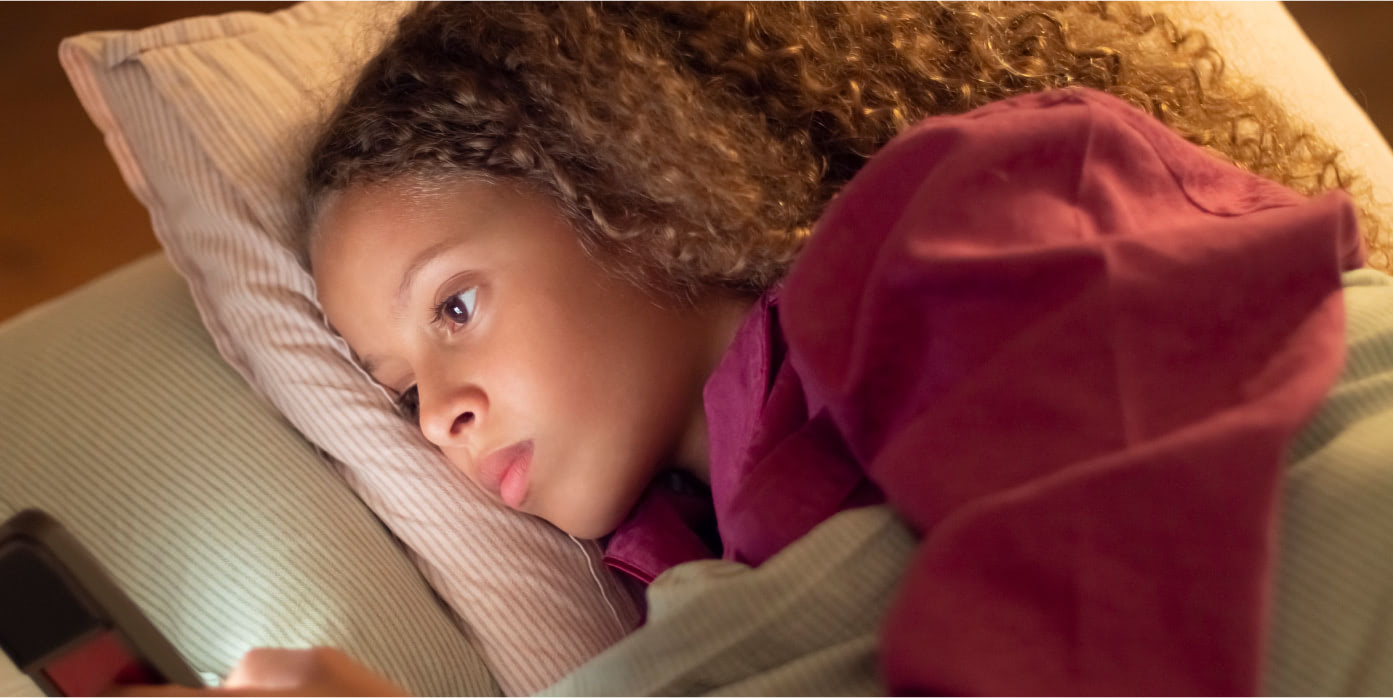
The following is excerpted from an online article posted by StudyFinds.
When millions of young people turn to TikTok for information about birth control, they’re overwhelmingly getting it from influencers, self-proclaimed “hormone health coaches,” and everyday users instead of doctors or nurses. A new study reveals that of 100 top contraception-related videos on the platform (drawn from five major hashtags and collectively receiving 4.85 billion views), only 10% were created by medical professionals.
The findings, published in Perspectives on Sexual and Reproductive Health, highlight a troubling pattern: TikTok’s algorithm is designed to keep people watching, not to ensure accuracy. With 69% of TikTok’s users between ages 18 and 34, dramatic personal stories about negative birth control experiences often gain more traction than balanced, evidence-based medical explanations.
“The rise of contraceptive misinformation on social media is re-shaping patient-provider relationships and impacting contraceptive beliefs,” the researchers wrote. Such content, they caution, could influence contraceptive choices and potentially contribute to higher rates of pregnancy.
Led by Dr. Caroline de Moel-Mandel from La Trobe University in Australia, the study authors analyzed the most popular TikTok videos under five contraception-related hashtags. They used a newly created account for an 18-year-old Australian female to reduce algorithm bias and selected the top 20 videos from each hashtag. Videos were excluded if they were duplicates, not in English, or didn’t provide information or advice about contraception.
They found that general uploaders, including influencers, created 58% of the videos, while people calling themselves “hormone health coaches” and “health educators” each made 15%.
The team used DISCERN, a tool that evaluates whether health information is reliable, balanced, and well-sourced, to assess video quality. Overall, the results were poor across all categories. Medical professionals’ videos scored a median of 33, classified as “poor quality” (27–38 on the DISCERN scale). General uploaders and hormone health coaches scored even lower, and the overall median score for all videos was 27, also “poor.”
Source: StudyFinds
https://studyfinds.org/tiktok-contraception-videos-non-medical-creators/

 What’s Hot? 10/3/25
What’s Hot? 10/3/25  Boosting Teen Self-Esteem and Health Through Leisure Time
Boosting Teen Self-Esteem and Health Through Leisure Time  Social Media Eligibility Rewires Teen Sleep Patterns
Social Media Eligibility Rewires Teen Sleep Patterns